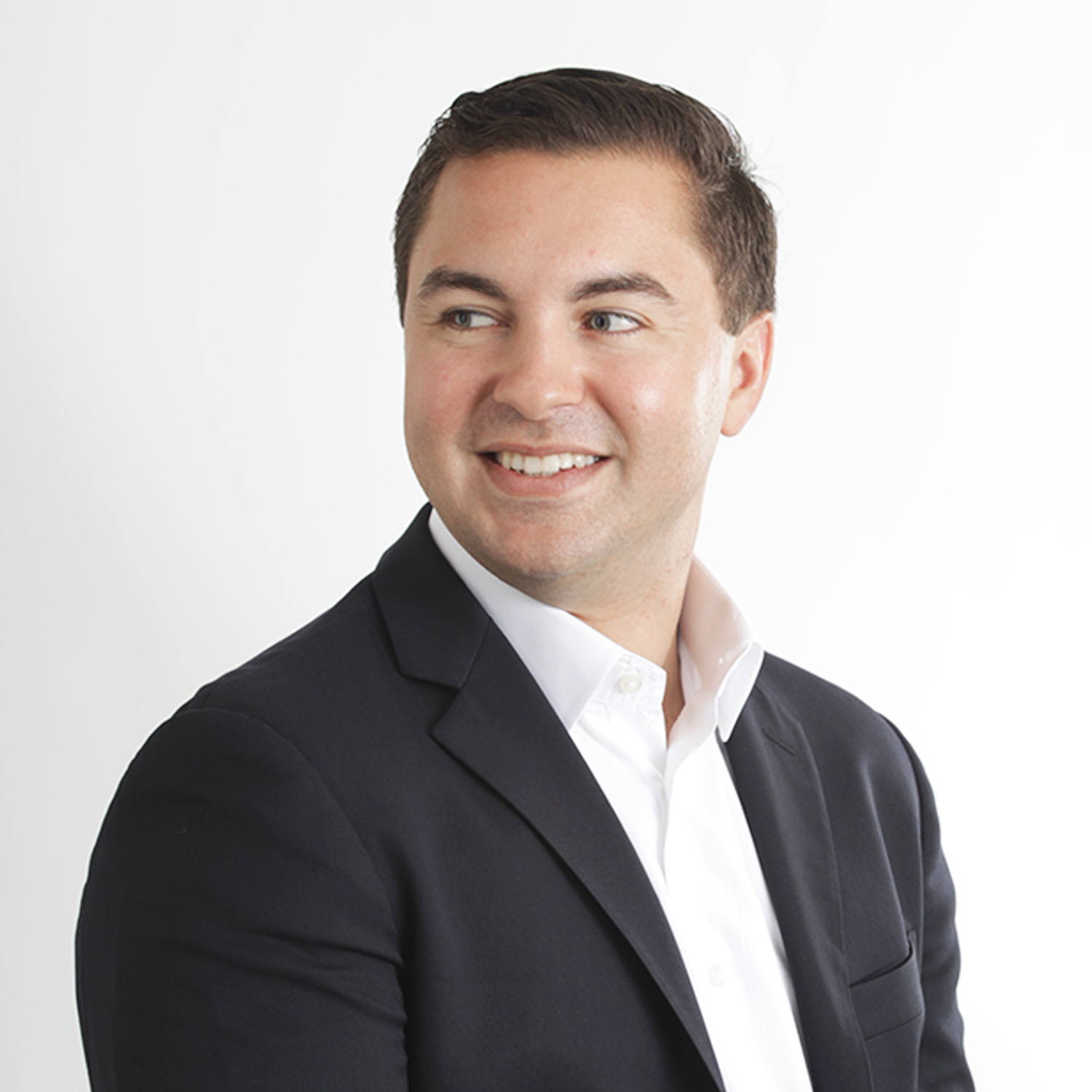Wealth advisors are known for providing expert advice to their high-net-worth clients on investments, tax compliance, real estate, and trusts. But what about charitable giving strategies? Being able to find a wealth advisor that can assist with creating a sensible charitable giving strategy, or who can enhance your current giving plan, can be an invaluable addition to your financial plan and provide you with an opportunity to build a stronger relationship with your wealth advisor.
On a recent episode of the Financial Planning Podcast with Justin Mack, Thomas Pontius, Senior Financial Planner with Kayne Anderson Rudnick (“KAR”), discusses the transfer of wealth between generations through a charitable giving strategy and how advisors and clients can foster strong and meaningful connections throughout the estate planning process. Pontius describes the role of a wealth advisor as partly being a “life coach” in which the advisor can play an expanded role that isn’t always about money, but rather determining a specific strategy based on an understanding of the client’s values and passions. Pontius explains how charitable giving strategies can open doors to a much deeper emotional connection between wealth advisors and their clients by allowing an advisor to help integrate a personal charitable giving strategy into a client’s overall financial plan.
Pontius suggests wealth advisors start the conversation around charitable giving by reviewing tax returns and estate documents to identify charitable giving patterns and opportunities. Wealth advisors, he says, can then provide clients with insight on certain tax considerations when putting together a charitable giving strategy. He encourages wealth advisors to speak with their clients about both the quantitative tax benefits as well as the qualitative aspects of charitable giving and why certain charities are chosen. Having this philanthropic knowledge can allow a wealth advisor to provide clients with immense value and comfort while also building a robust financial plan.
For clients that have a specific charitable giving strategy in mind, Pontius says finding a financial planning expert can give you a good night’s sleep knowing that your particular plan is in place. That advisor will help give you considerations to think through about which charity to choose and why it is meaningful to you. Additionally, charitable giving conversations can be positive and meaningful, focusing on your intentions during your lifetime as well as at the end of your life and beyond. Rather than being a morbid conversation, many clients find these discussions to be heartwarming, rewarding, and enlightening, which can create meaningful opportunities for a well-rounded, holistic relationship with a wealth advisor.
Don’t miss out on valuable insights and expert advice. Listen to Thomas Pontius’s discussion on the Financial Planning Podcast and if you’re ready to start planning or want to evaluate your existing charitable giving strategy, reach out to the wealth advisory team at KAR today to explore how we can help you make a meaningful impact. Our experienced wealth advisors are here to guide you through the process and create a personalized giving strategy.
This information is being provided by Kayne Anderson Rudnick Investment Management, LLC (“KAR”) for illustrative purposes only. Information in this article is not intended by KAR to be interpreted as investment advice, a recommendation or solicitation to purchase securities, or a recommendation of a particular course of action and has not been updated since the date listed on the correspondence, and KAR does not undertake to update the information presented. This information is based on KAR’s opinions at the time of publication of this material and are subject to change based on market activity. There is no guarantee that any forecasts made will come to pass. KAR makes no warranty as to the accuracy or reliability of the information contained herein. The information provided here should not be considered legal or tax advice and all investors should consult their legal and/or tax professional about the specifics of their own legal and tax situation to determine any proper course of action for them. KAR does not provide legal or tax advice and nothing herein should be construed as legal or tax advice, and information presented here may not be true or applicable for all legal and income tax situations. Tax laws can and frequently do change, and KAR does not undertake to update this should any changes occur. Past performance is no guarantee of future results.
